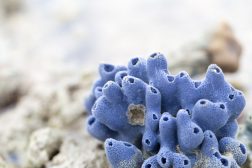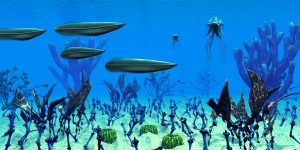Definition
Non-motile, gram-positive, facultatively anaerobic, microbial species that normally dwells in the gastrointestinal tract and (female) genital tract of humans and other mammals; may become pathogenic, especially in nosocomial environment, and cause life-threatening conditions mainly because of the high antibiotic resistance associated with this group
Supplement
The species is formerly known as Streptococcus faecalis, also known as Group D of the genus Streptococcus. However, DNA analysis showed that this species is more closely related to the genus Enteroccoccus.
E. faecalis is an opportunist pathogen, which means that it is a commensal in the gastrointestinal tract; however, when the immune function is compromised, the microbe can grow in number and becomes pathogenic. Some of the commonly associated human diseases caused by E. faecalis are as follows:
- urinary tract infections
- infective endocarditis
- biliary tract infections
- suppurative abdominal lesions
- meningitis
E. faecalis is commercially used as probiotics in feeds for cattle and poultry animals since it is found to diminish diarrhea in these animals.
Scientific classification:
- Domain: Bacteria
- Kingdom: Eubacteria
- Phylum: Firmicutes
- Class: Bacilli
- Order: Lactobacillales
- Family: Enterococcaceae
- Genus: Enterococcus
Mentioned in:







